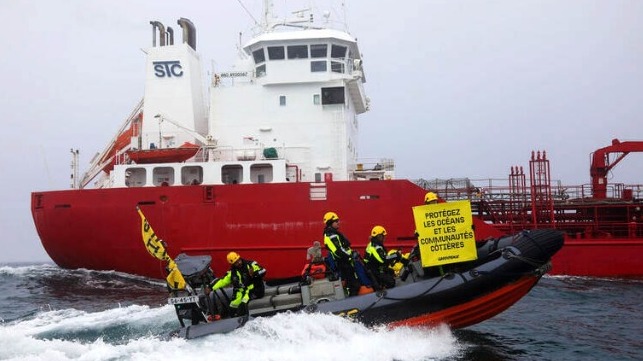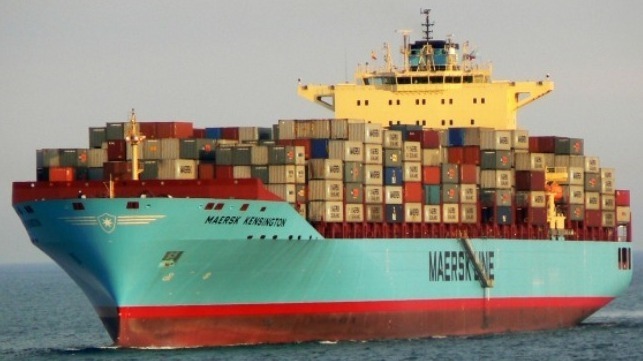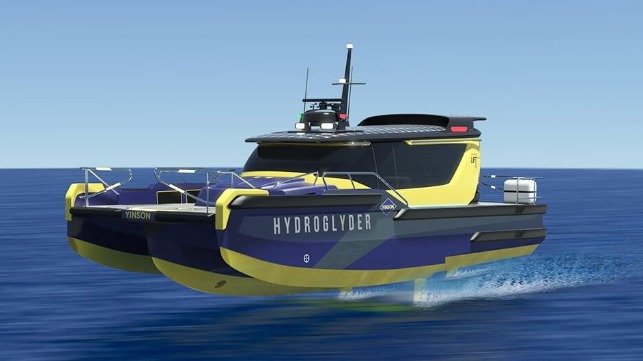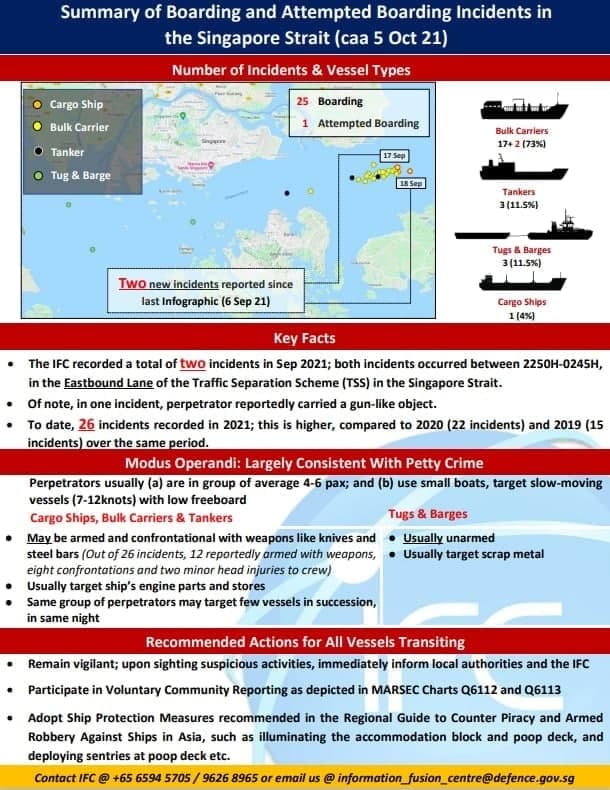The September Crew Change Indicator shows that the number of seafarers onboard vessels beyond the expiry of their contract has slightly decreased from 9.0% to 8.9% in the last month.
To remind, the Neptune Declaration Crew Change Indicator is published monthly to provide reliable data regarding the crew change crisis and the way it evolves. It is based on data from 10 ship managers, who are collectively responsible for more than 90,000 seafarers across all the major segments.
The number of seafarers onboard for over 11 months has similarly slightly decreased from 1.3% to 1.2%. After a significant deterioration of the situation since May, the August and September Indicators point to a stabilization of the situation.
What is more, the Indicator shows that 21.9% of seafarers from the sample have been vaccinated. This corresponds to an increase of 6.6 percentage points since August.
SOURCE READ THE FULL ARTICLE
https://safety4sea.com/21-9-of-seafarers-are-vaccinated-neptune-indicator-suggests/
















